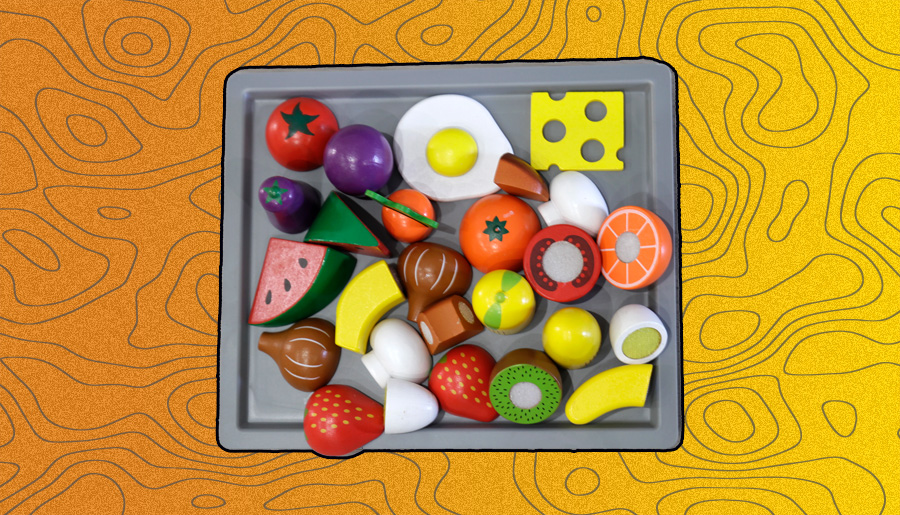Since 2023 kicked off, microplastics have been having a moment. Not a stellar moment, mind you, but a moment nonetheless. This is because some doctors and scientists have publicised the fact that there are tiny bits of plastic in some of the food that we consume.
One such scientist is Professor Alfred Poulos. Resume-wise, Poulos has a professorship from Adelaide University. He was also the Chief Medical Scientist at the Women’s and Children’s Hospital.
Now, when discussing the ingestion of microplastics, Poulos has said, “My underlying premise has been that while non-toxic amounts of substances, pollutants don’t kill you, the trouble for us is we’re exposed over many, many years.”
“I think, over long periods of time, they can be toxic and can make us sick, and it’s very hard to prove.”
Moreover, Poulos is so concerned about ingesting microplastics, he doesn’t consume food, drinks, and ingredients from certain plastic containers.
Poulos said, “If you buy olive oil, and it’s in a plastic container, one of the things that happens is some of the plastic ends up being dissolved in the oil.”
“When I buy oil these days, and I’ve been doing this for years, I make sure I buy it in a glass bottle.”
These comments by Poulos are disturbing. So much so that they raise the question; If some plastic containers are so dangerous, why aren’t they more heavily regulated or banned?
This brings us to Food Standards Australia New Zealand (FSANZ). This joint is an independent authority that creates and maintains a set of rules that our food producers must abide by. These rules are in place to make our food safe and hit a certain level of quality. If any organisation that can help plastic olive oil bottles become banned, it’s this one.
So, with all of this in mind, I asked FSANZ why containers that leak microplastics haven’t been banned in Australia. And here are their thoughts on this matter.
Related: What Items Can’t Be Recycled?
Related: I Went Urban Fruit Picking — Was It a Success or a Car Crash?
FSANZ’s Response
Now, to kick things off, FSANZ doesn’t deny the reality that microplastics are in some of the food we consume. They also don’t deny that microplastics might migrate from plastic olive oil bottles into the olive oil itself. FSANZ just doesn’t believe that the amount of microplastics present in our products isn’t dangerous.
“FSANZ is aware of comments made in the media by Alfred Poulos that some plastic from plastic bottles may migrate into olive oil,” said an FSANZ spokesperson. “It has been known that small amounts of chemicals can migrate from food packaging materials for many years. The levels of these chemicals in Australian foods are generally very low and not of concern for human health.”
“FSANZ remains of the view that the best available scientific evidence about the presence of small amounts of microplastics in some foods does not support the likelihood of any significant immediate or long-term risks to Australian consumers.”
It’s also worth noting that FSANZ isn’t married to this stance. FSANZ has claimed that if they receive the right evidence, they would change their stance on foods that contain microplastics.
“No area of science is static,” said FSANZ’s spokesperson. “FSANZ will continue to review its conclusions with respect to any risks posed by microplastics in food as more information from animal and epidemiological studies becomes available.
Are Microplastics Safe to Eat?
In a stressful turn of events, there’s a discrepancy between what the likes of Poulos are claiming and what FSANZ is claiming. This leaves consumers in an uncomfortable position, hoping to believe the right side in this rather serious debate.
If you trust Poulos’ opinion, there are plenty of ways to avoid ingesting microplastics. You can avoid plastic olive oil bottles, plastic water bottles, and heating your food up in plastic containers.
If you trust FSANZ, then nothing you can buy in a store is off-limits. And if the science changes, then the stuff in our supermarkets will change too.
Read more stories from The Latch and subscribe to our email newsletter.







